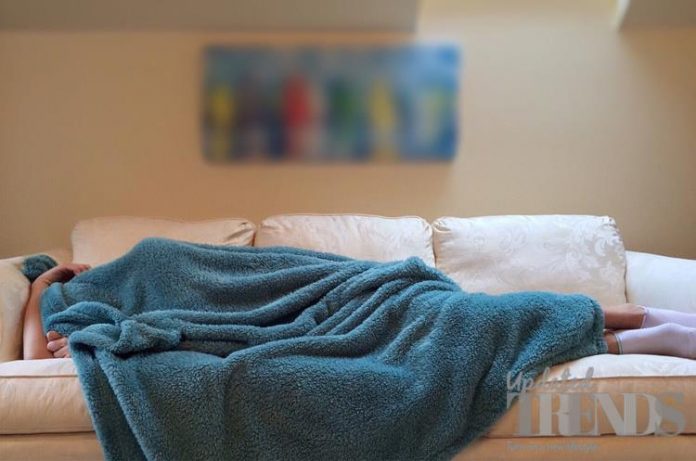Insomnia is a very common condition and has various cause. Some of the researchers have said that there are about five different types of insomnia that can help the doctors to personalize the specific treatments in future. This will also help them to make them more effective and better tailored towards every individual.
Contrary to what people might expect, the groupings are not based on the typical sleep symptoms like trouble waking up or difficulty in staying asleep. Instead of such factors the new types are linked to some of the other factors like emotions, stress, personality traits, previous life events and mood. The scientists have labeled the types as Type 1 to Type 5 to show how different people with insomnia had different cognitive characters including the levels of anxiety and emotional sensitivity.
The study has also showed the participants who tended to stay in the same type over time. One of the researchers Tessa Blanken said, “While we have always considered insomnia to be one disorder, it actually represents five different disorders. Underlying brain mechanisms may be very different.” Blanken added that for comparison, progress in their understanding of dementia was propelled after they realized that there are different kinds like vascular, Alzheimer, and frontal temporal dementia.
The researchers gathered data from 2,224 individuals who showed self-reported symptoms of insomnia. The participants were asked to fill questionnaires about the personality traits that were already known and are linked to the brain structure and function and were compared with a control group. A follow up survey was taken 5 years later in which the study participants were usually still in the same type group with an 87 percent probability. It was found that one in ten people are thought to suffer from chronic insomnia and is known for significantly increasing the risk of depression as well as other mental illness as well.
Photo Credits: Pixabay











